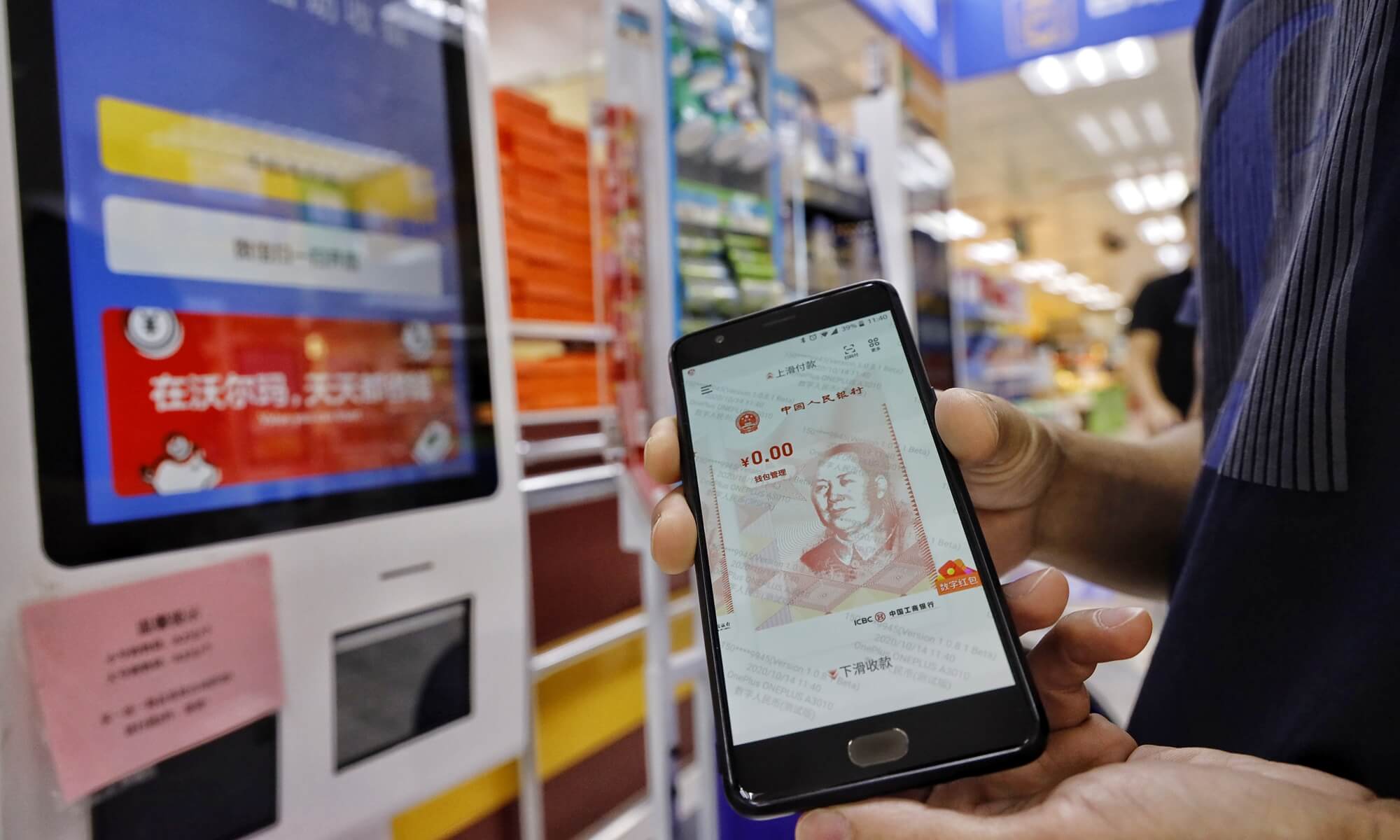In August 2023, hundreds of Kenyans lined up with a simple request: Let us scan your eye and pay you about $50 for it. The crowd was so large that the country’s government paralyzed the event and launched an investigation.
This phenomenon was repeated in other countries such as Argentina, Indonesia, Sudan, Mexico, Japan. and now spain. Here the debate has become especially heated, because those standing in these rows are hundreds of young people in search of a quick and seemingly harmless income.
Countries such as Brazil, France and India have banned such activities over doubts about the confidentiality of the data collected, but currently in Spain these devices continue to operate, especially in shopping malls.
The claim is simple: These young people are selling their biometric data to get cryptocurrency in return. Specifically, 10 WLD – it can be more if you promote the idea and invite your friends to sign up – is the token of the Worldcoin platform, which has become the latest sensation in this market.
The value of this cryptocurrency was only $3.1 a week ago, on February 15, but the growth in registrations and, above all, the unusual interest in this platform made it reach this level. The value increased by almost 170% in these seven days to $8.3.
We witness it crystallize once again. Network effect, also known as Metcalfe’s law: The more users of a product, 1) the greater the value for other users, and 2) the greater the motivation for other users to acquire that product.
This is a concept we see repeated over and over again on social networks like Facebook – the more users participate, the more interesting it is to do so and the more valuable the platform becomes – and this is also true in the case of Worldcoin. . The company even mentions Metcalfe’s law in its help section.
This is a dangerous motivation, especially as some witnesses claim Those registering are minors. The age of consent for the use of personal data in Spain is 16 and at the stands Worldcoin has a “+18” sign, this requirement does not seem to be fully adhered to judge with comments on social networks.
For most people, the theoretical threat to privacy isn’t that relevant. This is something that some Kenyans, for example, had already commented on in August: one of them, Dickson Muli, noted on the BBC: “I’m not worried about data being taken as long as the money reaches me.“. Some of the people who registered their irises in Spain agree: as one of them noted in El Periódico, “We already have all our data in their internet accounts!”
This is a dangerous argument, given that spoofing attacks are increasingly common and can be further strengthened by unique data such as a person’s iris.
The promise of Worldcoin is that this precise identifier will create a network of digital identities (World ID) based on “proof of person.” For example theoretically resistant to spoofed attacksand this could, for example, suggest an effective system for implementing the universal basic income that Sam Altman has been talking about for some time.
Whether this statement is true or not, Worldcoin has been particularly benefiting from the network effect lately; This is something we have seen with other cryptocurrencies in the past (including memecoins). If the value continues to rise, Altman could get what he’s looking for: 2,000 million people could sign up for the platform.
Now gets 3.5 million. It is not yet clear whether the network effect will be valid in this case.
in Xataka | Governments and companies struggle to manage one of the century’s most valuable assets: identity













